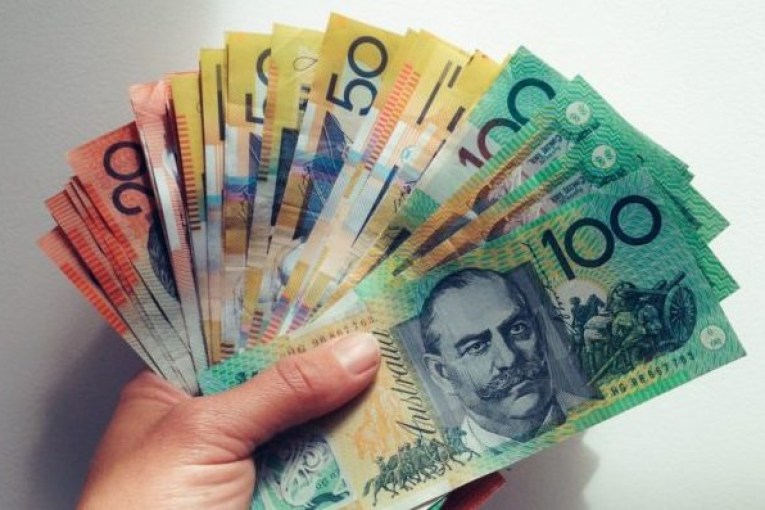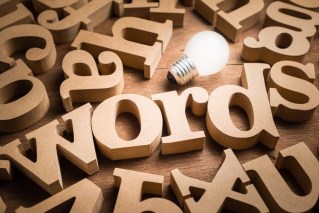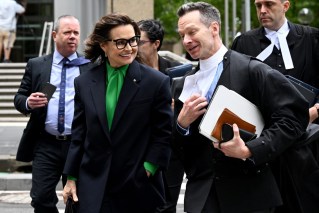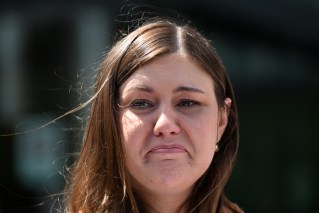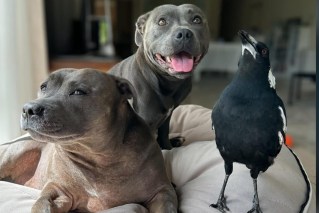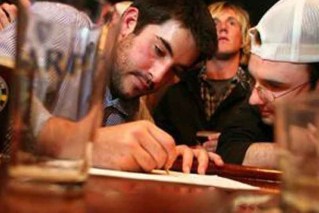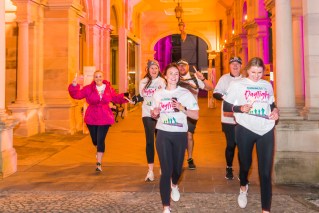Queensland or Freeland – what would we be called under an Aussie republic?
Amid the tributes to Prince Phillip in Queensland parliament this week were renewed suggestions that it’s time for an Australian republic – raising the question of whether Queensland might be due for a name change, writes Ben Jones
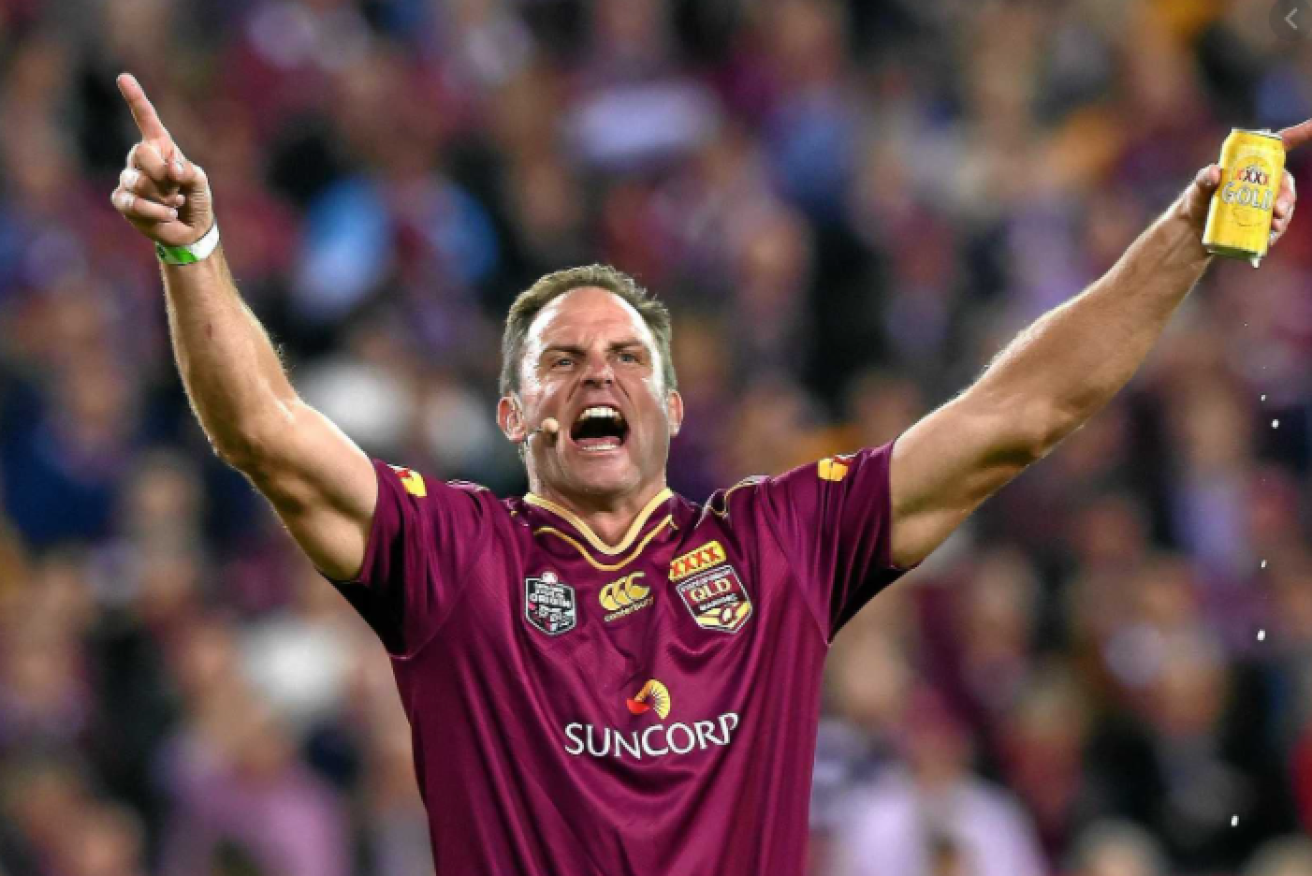
Queensland or Freeland? What should the state be called if Australia becomes a republic?
“Queenslander” is a cry that stirs deep emotions in every Maroons fan and conjures memories of a fired-up Billy Moore taking to the field in the 1995 State of Origin. But if Australia becomes a republic, would it be an appropriate name for a free and independent people? While an argument can be made for maintaining tradition, it can be fairly asked, how many people in the Sunshine State know its history or even which Queen they are honouring?
For anyone under the age of 70, Elizabeth II is the only Monarch they have ever known. The state of Queensland, however, was named in honour of her great-great-grandmother Queen Victoria.
During the mid-nineteenth century, a campaign to separate Moreton Bay from New South Wales was led by Scottish preacher and colonial republican Dr John Dunmore Lang. Again, one wonders how many people know that the spiritual home of the Maroons, Lang Park, is named not for a monarchist but the author of a republican manifesto called Freedom and Independence for the Golden Lands of Australia.
Lang wanted the new northern colony to be named Cooksland in honour of the explorer and navigator James Cook. The British government agreed to separation but not the proposed name. They wanted the monarch to be the eponymous hero and with the name Victoria already taken in 1851, the new colony became Queensland in 1859.
In Queensland, both Victoria and Elizabeth II have been honoured to the point of obsequiousness. From Brisbane to Cairns, the state is littered with streets, parks, schools, and statues all hailing these two long-serving monarchs.
The kings have not been forgotten either and every town centre has streets honouring the various Edwards, Georges, and Williams too. But what happens to Queensland if Australia becomes a republic? It’s time to think seriously about which Queenslanders are also worthy of public celebration.
During the 1990s, an Australian republic seemed almost inevitable. At its peak in 1996, 76% of Australians supported replacing the Queen with an Australian head of state. While the 1999 republic referendum failed, most analysts put this down to an unpopular model where the people would not get to vote. The ongoing success of the Howard government, led by a committed monarchist, ensured the issue was not revived with a direct election model.
In recent years, the royal family has been rocked with scandals involving Prince Andrew’s relationship with Jeffrey Epstein and the decision of Prince Harry and Meghan Markle to step back from royal duties.
In particular, the Sussexes’ explosive interview with Oprah Winfrey has seen a growth in membership for the Australian Republic Movement and renewed interest in the cause. While the Queen remains personally popular, she has just celebrated her 95th birthday and few in Australia relish the prospect of King Charles’ image gracing our coins.
If Australia does become a republic after the Queen’s reign comes to an end, there is no legal requirement that Queensland change its name or anything else. It would, however, be a chance to reflect on who we honour in this state and why.
Queensland could continue to use its current name or go for Lang’s suggestion and become Cooksland. Or as the leading voice for the creation of Queensland, does Lang himself deserves the honour? Langsland?
Before British colonisation, dozens of First Nations peoples occupied every inch of the state, using a variety of names for the various parts. Queensland could consult with First Nations elders and ask if there is an Indigenous term they would be willing to give to the state.
Perhaps there is no single individual worthy of having the whole state named for them. Rather the state could be named for an ideal, a principle not a person. With its laid-back lifestyle and commitment to personal liberty, perhaps the easiest change would be to substitute Freeland for Queensland.
Would it spark any less passion if the Maroons charged onto Lang Park with the battle cry Freelander? Would it be better to reinforce a value like freedom, so central to our way of life, rather than eternal prostration before a distant monarch who never stepped foot on this soil?
Critics will object, of course, and run the tired line that you can’t change history. As a historian I can only reply that the study of history literally is the study of change. We all have the power to be, not just observers of history but history makers.
The creation of an Australian republic would itself be a significant historical event and a moment to be seized. It would also encourage the public to learn more about our history and to reflect on which women and men deserve public honour.
If the majority of people want to maintain monarchic symbols like the state’s name, flag, badge, and other emblems, then so be it, but let democracy rule. Let’s have an open and cordial debate. Don’t fall back on cancel culture and bluffly declare that some topics are off limits.
Shakespeare wrote “that which we call a rose by any other name would smell as sweet”. In one sense this is true and life would continue if we are called Queensland or Freeland. But words matter and do have a subtle power. A people free enough to have open discussions on civic issues, and free to examine its past and its future are worthy of a name like Freeland.
Dr Benjamin T. Jones is a Lecturer in History at Central Queensland University, a Fellow of the Royal Historical Society, and a Foundation Fellow of the Australian Studies Institute. He is the author of This Time: Australia’s Republican Past and Future (2018).
